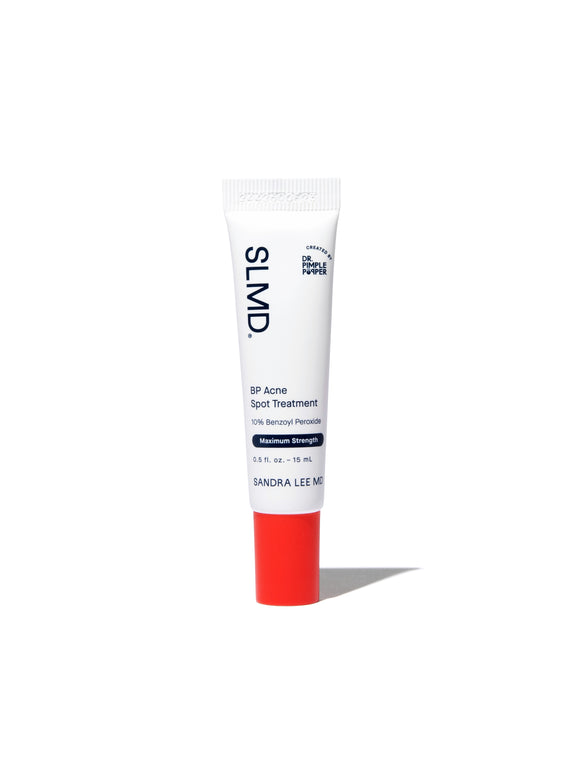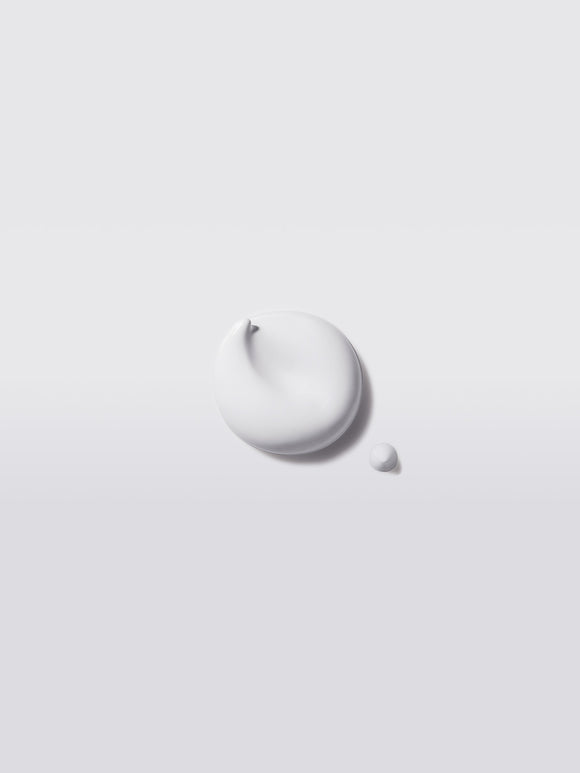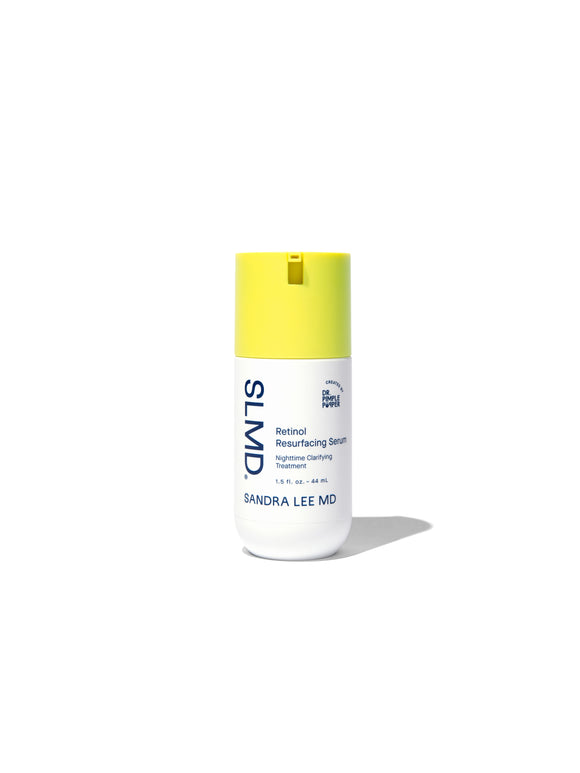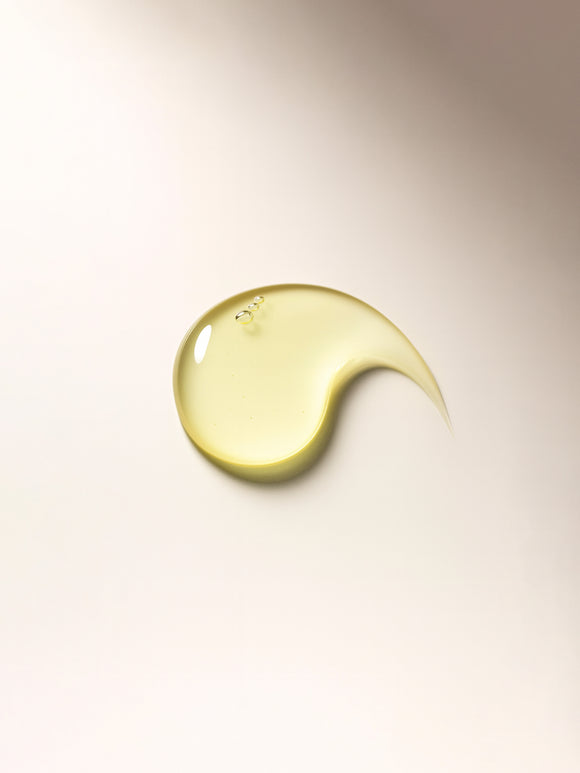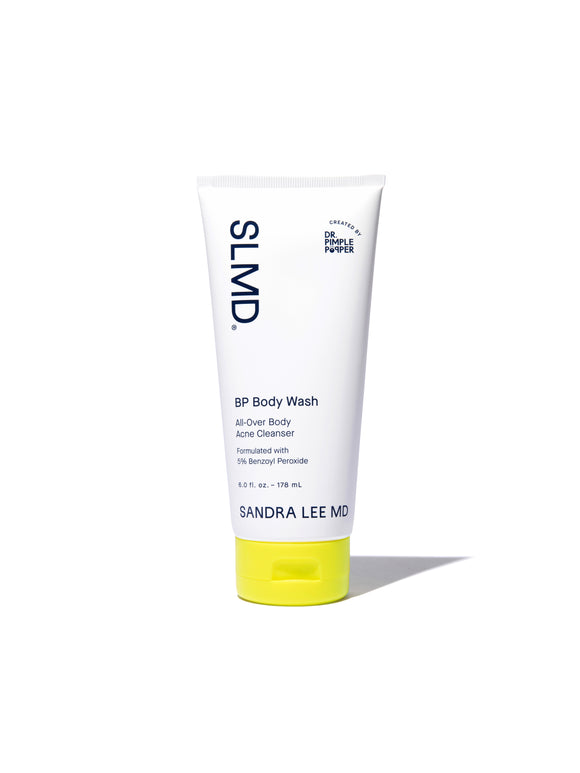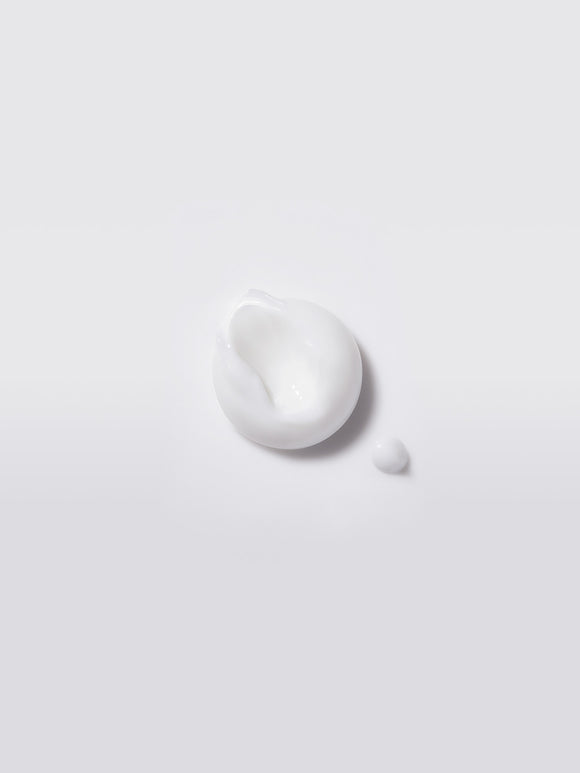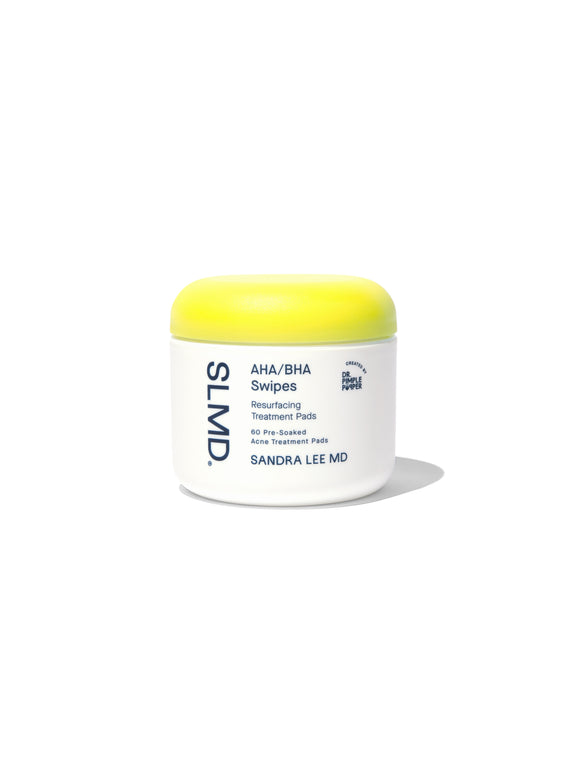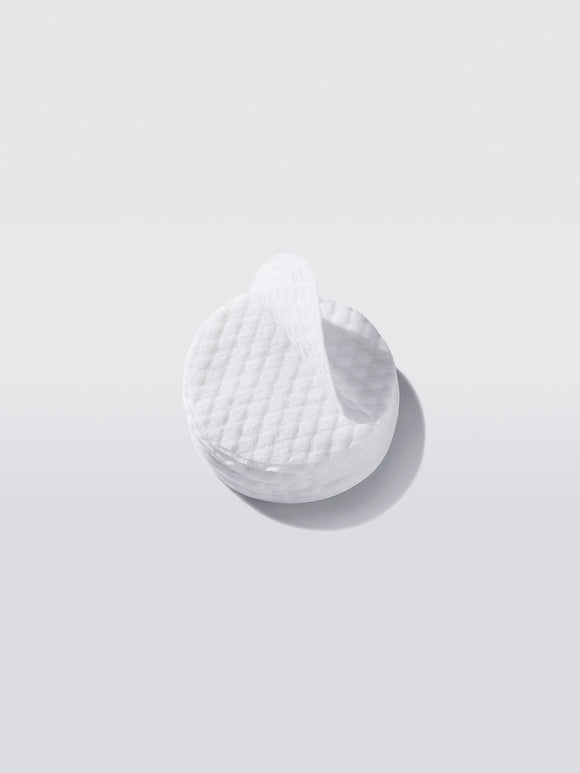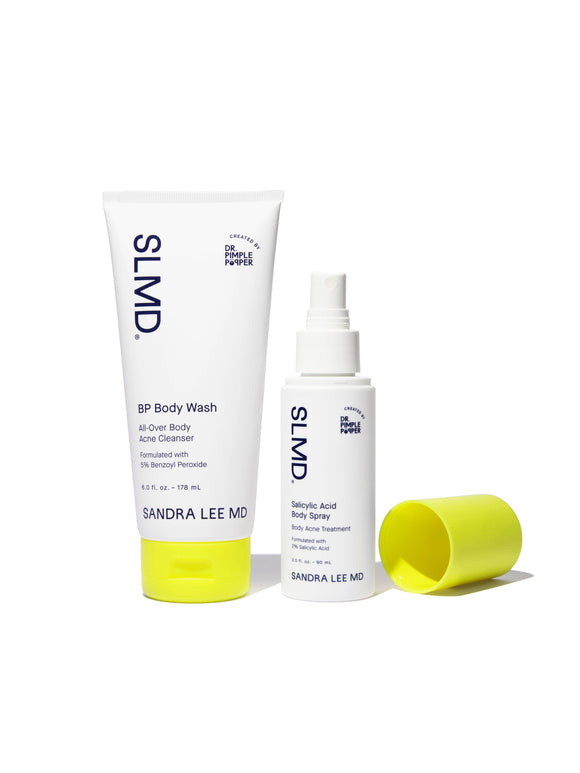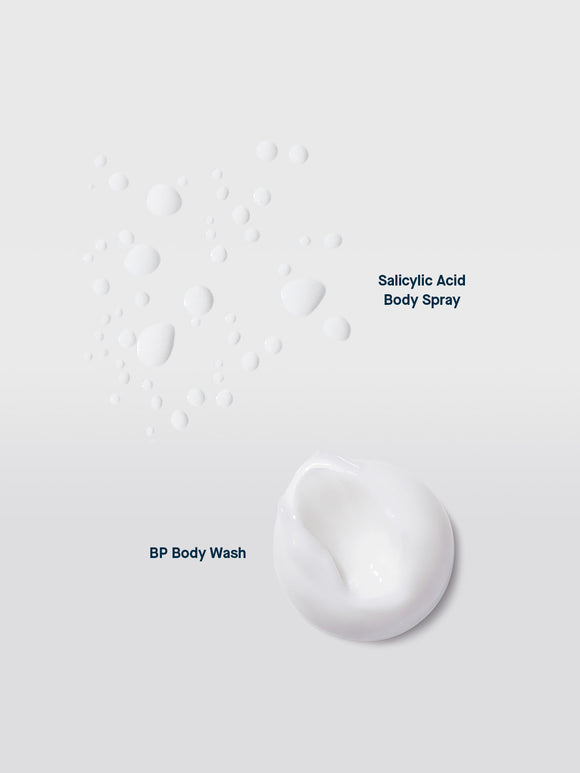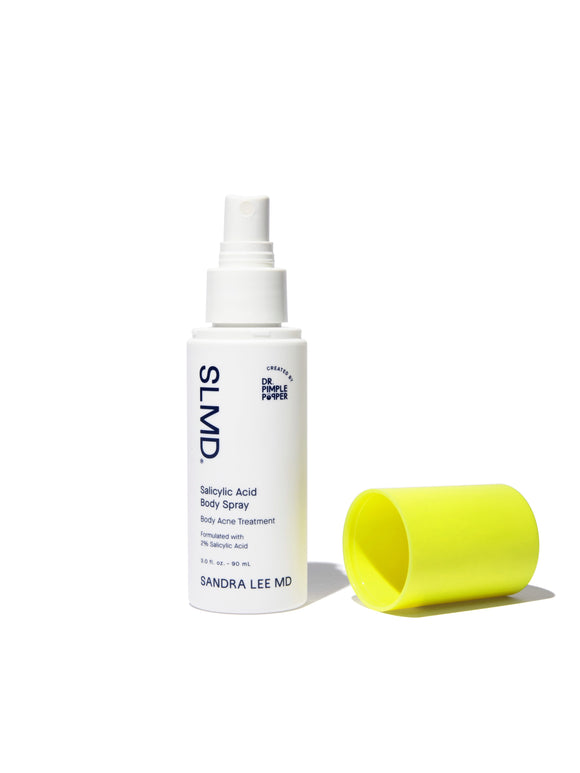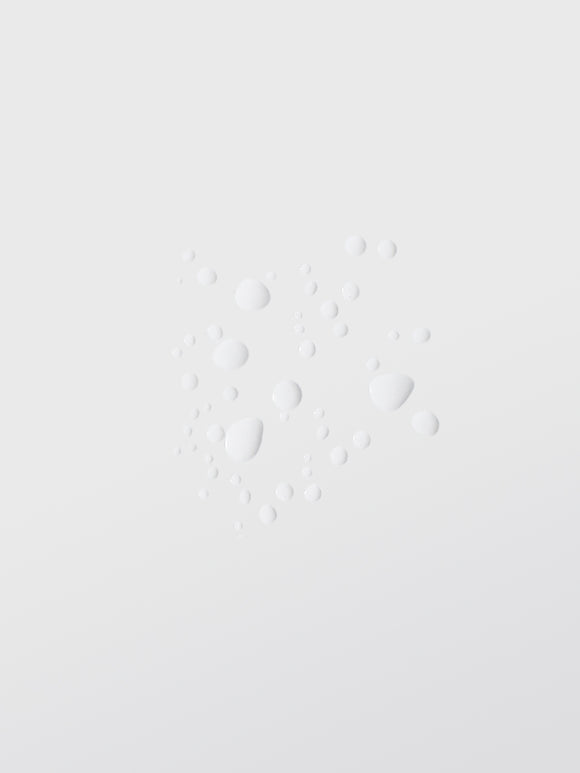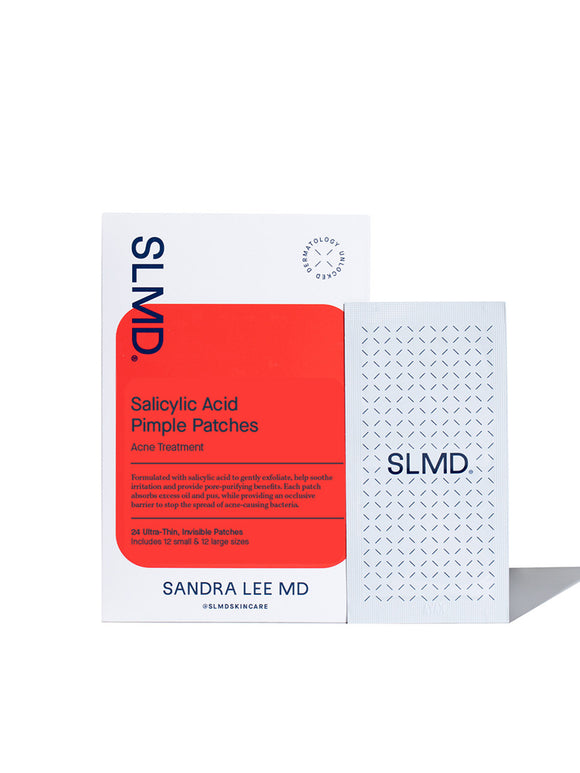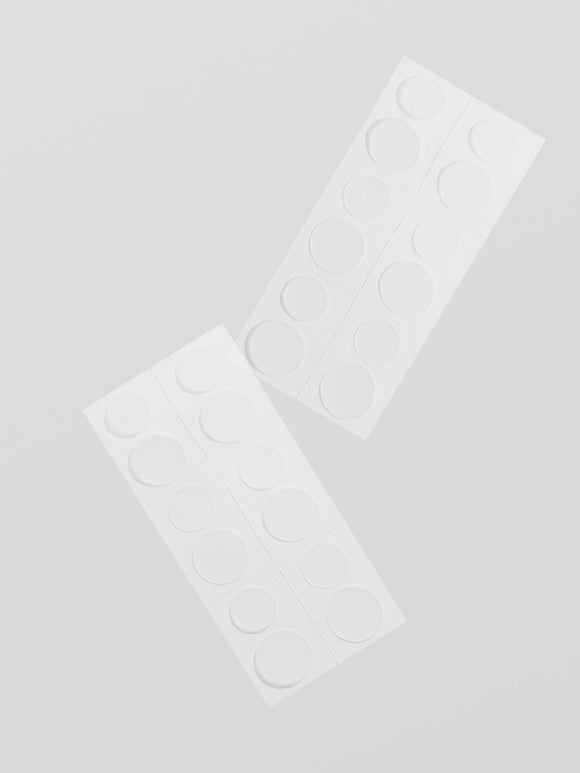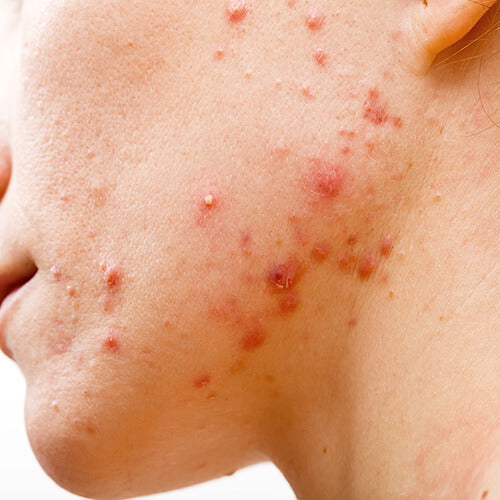
What Is Nodular Acne? Dr. Pimple Popper Explains Causes, Treatment & Prevention
Dealing with deep, painful breakouts? Here’s what you need to know.
Published:
4 minute read
If you’ve experienced painful, persistent breakouts that never come to a head — and seem to linger deep beneath the surface — you may be dealing with nodular acne.
Also known as nodulocystic acne, this is one of the most severe and scarring forms of inflammatory acne. It can be difficult to treat — and even harder to recognize.
So how can you tell if you have it? And what actually works to treat — or prevent — these deep, painful pimples? We asked Sandra Lee, MD (aka Dr. Pimple Popper) to break it all down.
Article Quick Links
What does nodular acne look like?
Nodular acne appears as large, firm, often painful bumps deep within the skin. Unlike typical pimples, these lesions don’t contain pus and rarely come to a visible head. They may feel like hard knots and tend to linger for weeks or even months.
Signs you may be dealing with nodular acne:
- Firm, swollen bumps under the skin
- Pain or tenderness to the touch
- No visible whitehead or “head”
- Deep, long-lasting inflammation
- Scarring after resolution
>Dr. Pimple Popper Tip: "Nodules are solid and deep — they don’t contain pus, and there’s nothing to 'pop.' Pressing or picking can actually cause permanent damage."
What causes nodular acne?
Like most forms of acne, nodules begin when a pore becomes clogged with dead skin cells and sebum. This creates an ideal environment for C. acnes bacteria, which multiply and trigger an immune response.
In nodular acne, the inflammation becomes more severe. If the pore wall ruptures deep in the dermis, it can leak bacteria and inflammatory substances into surrounding tissue — forming a hard, inflamed mass known as a nodule.
This deeper inflammation also affects the extracellular matrix — the collagen and support proteins that maintain skin structure. That’s why nodular acne has a much higher risk of leaving permanent scars.
Dr. Pimple Popper's Inflammatory Acne Care
How to treat nodular acne at home
While severe nodular acne often requires medical treatment, many people see improvement with an over-the-counter regimen — especially when breakouts are just beginning, or tied to predictable triggers like hormones.
According to Dr. Lee, the key is using ingredients that target both the clogged pores and the inflammation that leads to nodules.
Ingredients that can help treat nodular acne:
- Benzoyl peroxide: kills acne-causing bacteria and reduces inflammation. Try: SLMD Benzoyl Peroxide Acne Lotion, BP Acne Spot Treatment, and BP Body Wash
- Salicylic acid: penetrates deep into pores to help clear blockages and prevent new nodules. Try: SLMD Salicylic Acid Cleanser, AHA/BHA Swipes, Salicylic Acid Body Spray
- Retinol: encourages healthy skin turnover, helping existing nodules resolve more quickly. Try: SLMD Retinol Resurfacing Serum
- Sulfur: a gentler option for sensitive skin, sulfur helps reduce oil and bacterial buildup
Dr. Pimple Popper tip: "Not every case of nodular acne requires a prescription — especially if you start treating breakouts early and stick to a targeted regimen."
For many people, a complete over-the-counter system — like the SLMD Acne System and Body Acne System — is enough to calm inflammation and prevent future nodules.
When to see a dermatologist for nodular acne
If you're experiencing:
- Frequent or severe nodules
- Painful breakouts that don’t improve with OTC treatment
- Worsening scarring or skin damage
…it’s time to consult a dermatologist. Nodular acne that doesn’t respond to over-the-counter regimens may require prescription-strength treatment, such as:
- Topical or oral retinoids (like tretinoin or isotretinoin)
- Oral antibiotics to reduce inflammation
- Hormonal therapy (e.g., birth control or spironolactone)
- Cortisone injections for fast relief of individual nodules
A dermatologist can help personalize your treatment plan — and monitor your progress over time.
It's worth noting that severe acne can take a toll on your confidence and emotional well-being, especially when it becomes persistent or painful. Knowing when to seek support — whether through a provider or a consistent skincare routine — can make a big difference in both your skin and your mindset.
How to prevent nodular acne
Preventing nodular acne starts with addressing milder acne — like blackheads and whiteheads — before they progress into deeper inflammation. According to Dr. Lee, a preventative skincare routine should focus on keeping pores clear, reducing bacteria, and regulating cell turnover.
Her top prevention tips:
- Use salicylic acid daily to exfoliate and clear pores
- Apply benzoyl peroxide to control bacteria and inflammation
- Incorporate retinol to support healthy skin function over time
- Be gentle — avoid over-cleansing or scrubbing, which can aggravate skin
Hormonal breakouts — especially along the jawline — are particularly common in adult women. Sticking to a consistent, multi-step routine that includes pore-clearing acids, anti-inflammatory ingredients, and retinoids can help regulate oil, reduce bacterial buildup, and prevent deeper breakouts from forming. A complete kit that combines these ingredients can make it easier to stay on track and treat acne at every stage.
FAQs about nodular acne
Q: Can nodular acne go away on its own?
A: It can, but untreated nodules often persist for weeks or longer — increasing the risk of scarring.
Q: What’s the fastest way to get rid of nodular acne?
A: A cortisone shot administered by a dermatologist can reduce swelling within 24–48 hours.
Q: Can I treat nodular acne without a prescription?
A: Yes — especially if breakouts are mild, early, or hormonal. OTC routines like the SLMD Acne System can be effective for many people.
Q: Is nodular acne hormonal?
A: Often, yes. Hormonal fluctuations — especially in females — can trigger deep breakouts along the jawline or chin.
Q: How long do nodules last?
A: Nodules can remain under the skin for weeks or even months if not treated properly.

Dr. Lee's Last Word
Severe acne like nodules and cysts can be frustrating — and even painful — but we have more options than ever to manage it. Stick with a targeted regimen, and if things don’t improve, see a dermatologist. We can help.





